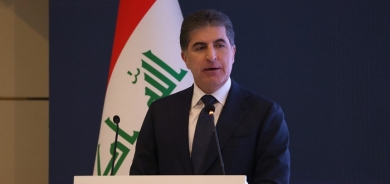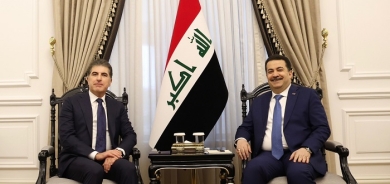Iraq Parliament Passes Controversial Amendments to Personal Status Law

Iraq’s Parliament on Tuesday approved amendments to the nation’s personal status law, sparking criticism from activists and legal experts who warn the changes could legalize child marriage. The amendments allow clerics to rule on marriage matters based on their interpretation of Islamic law, a move that critics argue undermines decades of progress on family law and women’s rights.
The amendments were passed alongside two other laws addressing amnesty and land restitution. Council Speaker Mahmoud al-Mashhadani described the legislation as an “important step in enhancing justice and organizing citizens’ daily lives.”
Child Marriage Concerns Raised
Critics have raised alarms about the potential impact of the changes on women and girls. Intisar al-Mayali, a human rights activist and member of the Iraqi Women’s League, warned the amendments would have “disastrous effects” by enabling the marriage of girls as young as nine years old, based on some Shi’ite religious authorities’ interpretations of the Ja’fari school of Islamic law.
Al-Mayali also expressed concerns that the amendments would undermine protections for women in cases of divorce, custody, and inheritance. Lawyer Mohammed Juma described the legislation as a "significant setback for women’s rights" that could deprive young girls of their childhood, education, and autonomy.
Broader Implications and Political Controversy
The amendments, backed primarily by lawmakers aligned with the Shi’ite branch of Islam, aim to align Iraqi law with Islamic principles and reduce Western cultural influences. However, the changes have been met with resistance in Parliament, where disputes over the voting process erupted.
A parliamentary official reported that “half of the lawmakers present in the session did not vote,” breaking the legal quorum, and some members protested loudly, climbing onto the podium. The amendments may face challenges at Iraq’s Federal Supreme Court, as they were voted on alongside unrelated laws addressing Sunni detainee amnesty and Kurdish land claims.
Next Steps
The legislation’s passage marks a contentious moment in Iraq’s efforts to balance religious principles with modern legal frameworks. Advocates for women’s rights are calling for urgent legal reviews, while opponents of the amendments hope the Federal Supreme Court will block the changes.
This development has reignited debates about the role of religion in Iraqi law and its implications for human rights and gender equality.












